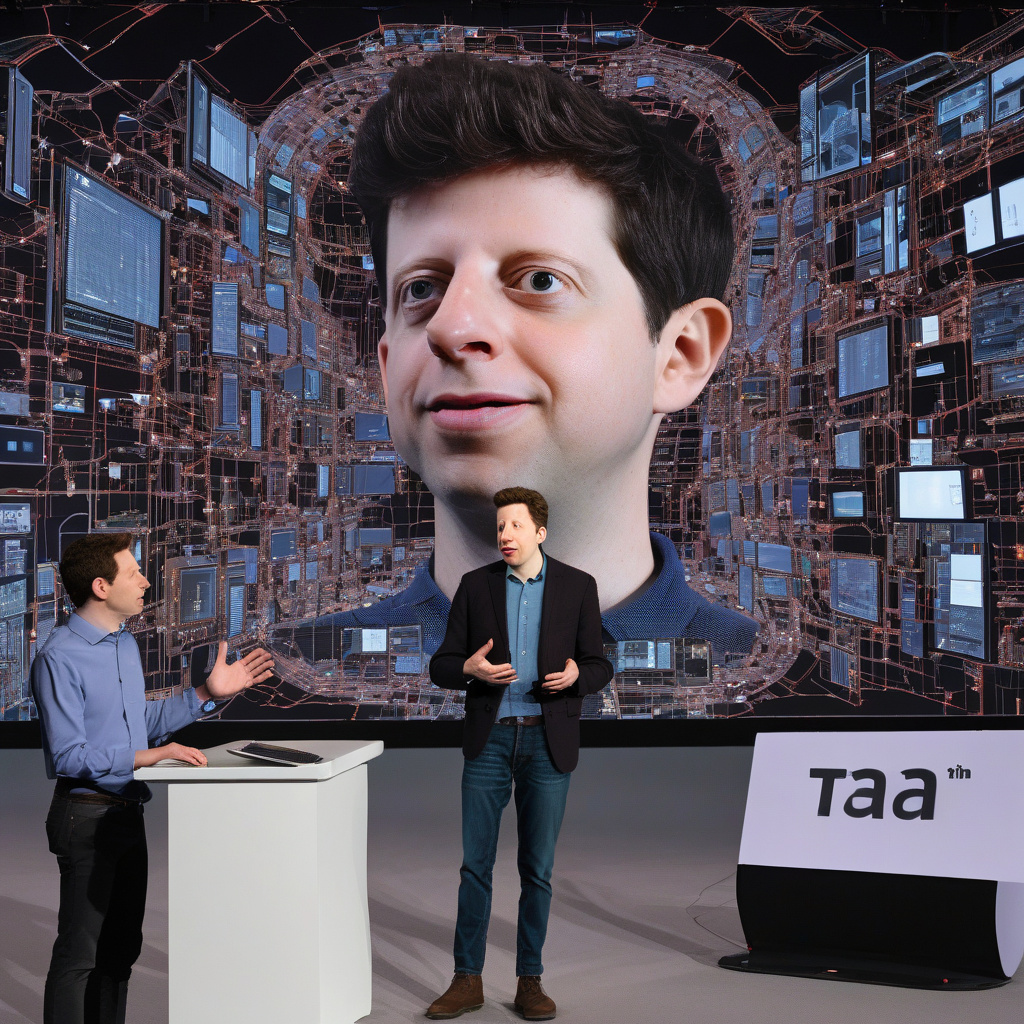Sam Altman Reverses His Stance on AI Hardware as Current Computers Can’t Meet the Demands
The landscape of artificial intelligence is constantly shifting, with new developments and breakthroughs reshaping the way we interact with technology. One of the key players in this field, Sam Altman, has recently made waves by reversing his stance on AI hardware. Altman, the CEO of OpenAI, a leading research laboratory, has long been an advocate for the power of software in driving AI innovation. However, he has now come to the realization that current computers simply can’t meet the demands of the increasingly complex AI algorithms being developed.
This shift in perspective comes at a crucial time for the industry, as AI continues to permeate every aspect of our lives. From virtual assistants to self-driving cars, the potential applications of AI are vast and far-reaching. However, as these applications become more sophisticated, the need for specialized hardware to support them becomes increasingly apparent.
Altman’s decision to pivot towards AI hardware is not an isolated one. In fact, OpenAI is now collaborating with none other than Jony Ive, the legendary designer behind some of Apple’s most iconic products, to develop a screen-free AI device. This device aims to replace traditional gadgets with a purpose-built companion that is specifically tailored to the needs of AI algorithms.
The move towards purpose-built AI hardware represents a fundamental shift in the way we think about technology. Instead of trying to shoehorn complex AI algorithms into existing hardware frameworks, companies like OpenAI are now recognizing the need for custom solutions that can unlock the full potential of AI.
One of the key challenges in developing AI hardware is the sheer computational power required to support advanced algorithms. Traditional computers simply don’t have the processing capabilities to handle the massive amounts of data that AI systems require. By designing hardware from the ground up to support AI applications, companies like OpenAI and Apple are hoping to overcome this limitation and unlock new possibilities for AI-driven innovation.
The collaboration between OpenAI and Jony Ive signals a new era of cooperation between the technology and design worlds. By combining cutting-edge AI research with world-class design expertise, the two companies are poised to create a truly revolutionary product that could reshape the way we interact with technology.
As AI continues to evolve and expand into new areas, the need for specialized hardware will only continue to grow. Companies that fail to recognize this shift risk being left behind in the rapidly changing landscape of technology. By embracing AI hardware, companies can position themselves at the forefront of innovation and pave the way for a future powered by intelligent machines.
In conclusion, Sam Altman’s reversal on AI hardware marks a significant turning point in the world of artificial intelligence. By recognizing the limitations of current computers and embracing the need for specialized hardware, Altman and OpenAI are leading the charge towards a new era of AI-driven innovation. With the collaboration with Jony Ive on a screen-free AI device, the possibilities for the future of technology are truly limitless.
AI, Hardware, OpenAI, Jony Ive, Innovation
